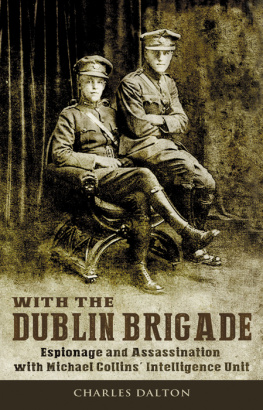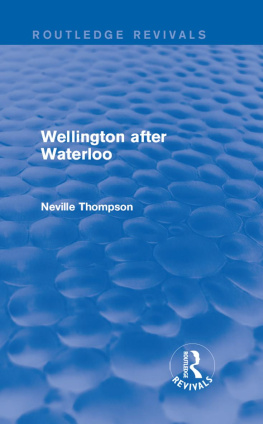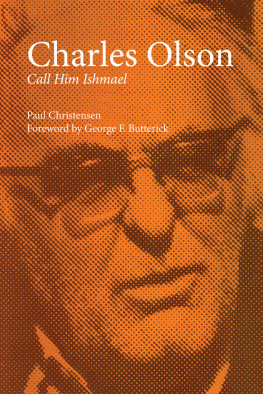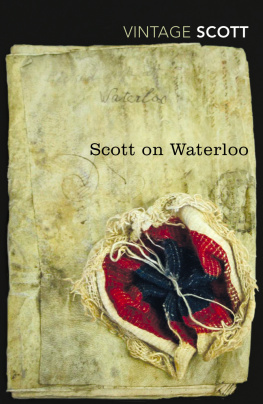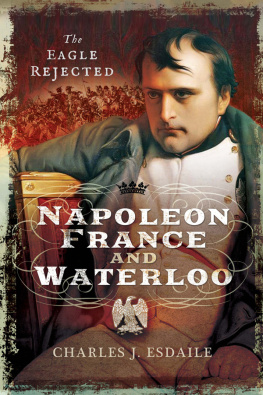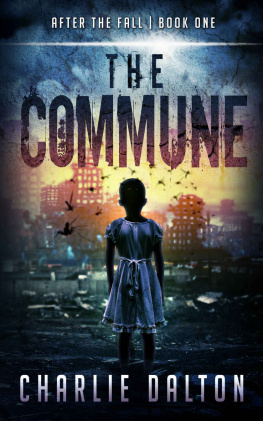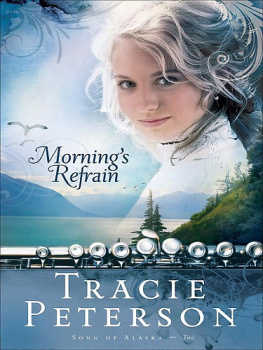THE
WATERLOO ROLL CALL.
WITH BIOGRAPHICAL NOTES AND ANECDOTES.
BY
CHARLES DALTON, F.R.G.S.,
AUTHOR OF HISTORY OF THE WRAYS OF GLENTWORTH, LIFE OF GENERAL SIR
EDWARD CECIL, MEMOIR OF CAPTAIN JOHN DALTON, COMMANDANT OF
TRICHINOPOLY, 17521753; AND EDITOR OF ENGLISH ARMY
LISTS AND COMMISSION REGISTERS, 16611714,
THE BLENHEIM ROLL, ETC.
Second Edition,
REVISED AND ENLARGED.
LONDON:
EYRE AND SPOTTISWOODE,
Government and General Publishers,
EAST HARDING STREET, E.C.
1904
[All Rights Reserved.]
Dedicated
TO
GEORGE TANCRED, ESQUIRE
(LATE CAPTAIN SCOTS GREYS),
OF
WEENS, ROXBURGHSHIRE.
PREFACE TO SECOND EDITION.
Time does not diminish the interest of Waterloo, for that combat of giants is indissolubly connected with Napoleonthe greatest master of the art of war the world has ever known.
Since the publication of my Roll Call in 1890, I have received much additional information from the relatives of Waterloo officers. This has enabled me to bring out the present revised and enlarged edition. And I wish particularly to mention that many of the obituary notices of Waterloo officers given in the following pages were collected by the late Mr. J.W. OBrien, of the British Museum Library (formerly in the ranks of the 4th Dragoon Guards), whose annotated copy of the Roll Call came into my possession by purchase. Mr. OBriens researches were not made at my instigation or wish, but having been made, and brought to my notice, I thought it advisable to secure and utilise this copy of my book containing the aforesaid MS. entries.
A special feature of the Second Edition is the list of non-commissioned officers and men (given in Part III.) who served at Waterloo, and subsequently received commissions in the British army.
Charles Dalton.
September 1st, 1904.
INTRODUCTION TO FIRST EDITION.
Ah! Je les tiens donc, ces Anglais! Napoleon.
Never since the days of Oliver Cromwell had any name caused so much fear in England as did that of Napoleon Bonaparte. From 1802 until his first downfall, in 1814, a spirit of alarm and uneasiness pervaded all classes in Great Britain, from the King and his Ministers down to the most illiterate peasant. Those who were witnesses of, and participators in, this panic have now passed away, but the national pride which our victory over Napoleon at Waterloo excited in every Britons breast is as strong as ever, and will last till the crack of doom.
In July, 1803, a little pamphlet, entitled Important Considerations for the People of this Kingdom, was published in London, and sent to the officiating minister of every parish in England. This pamphlet, which bears the Royal Arms of England, was an appeal from the Government to the Nation, and a diatribe against Napoleon. Mark the closing lines of this appeal: Shall we, who are abundantly supplied with iron and steel, powder and leadshall we, who have a fleet superior to the maritime force of all the world, and who are able to bring two millions of fighting men into the fieldshall we yield up this dear and happy land, together with all the liberties and honours, to preserve which our fathers so often dyed the land and the sea with their blood?... No, we are not so miserably fallen; we cannot, in so short a space of time, have become so detestably degenerate; we have the strength and the will to repel the hostility, to chastise the insolence of the foe. Mighty, indeed, must be our efforts, but mighty also is the need. The idea of a French invasion was slow in forcing its way into the minds of the uneducated classes in England. When they first heard of such a possibility they thought it of no more consequence than the invasion of Scotland by Charles Edward Stuart with a mere handful of Frenchmen at his back. They also thought less of the projected descent from having heard so much in 1797, and during the Rebellion in Ireland in 1798, of a French army coming to the relief of the National party in that kingdom:
For the French are on the sea,
Says the Shan Van Vaugh,
And Ireland will soon be free,
Says the Shan Van Vaugh.
And yet nothing had come of all this talk! But when the nation at large had fully grasped the possibility of a Napoleonic invasion, Pitt had no difficulty in raising the sinews of war. No fewer than 300,000 men enrolled themselves in volunteer corps and defence associations. The army and navy were increased, and everything was done that was possible to counteract the power of that wonderful man, who, in the short space of a few years, had, speaking metaphorically, built a Great Wall of China round the British Isles, shutting the English out of the commerce of Europe. Our preparations were none too soon. In 1805 the battle of Austerlitz established the supremacy of Napoleon over Austria and Russia. Fortunately for England, Nelsons crowning victory at Trafalgar indefinitely postponed Napoleons invasion scheme; but we were still engaged in a gigantic war, single-handed, with half of Europe our declared, and the other half our enforced, enemies. Nelson was dead; Pitt was dying from the weight of anxieties which pressed upon him in this tremendous crisis; Hanover had been taken from us. The outlook was very gloomy, and affairs became more complicated in 1807, when the military expeditions, arranged by Lord Grenvilles ministry, against Constantinople and Egypt, had turned out failures, and resulted in the Turks declaring war against us and confiscating all British property. And yet in 1807 Napoleon had not yet reached the zenith of his power. For the next five years he held the destinies of nearly the whole of Europe in his own hands. Monarchies of long standing were disestablished and new kingdomsNapoleonic kingdomswere raised up in their place. Immense French armies traversed Europe from Portugal to the heart of Russia, and every capital within that limit was, in its turn, subjugated to the French yoke. But in 1808 two British Generals stemmed the tide of French conquest in the Peninsula, viz., Sir John Moore and Sir Arthur Wellesley. The first met a soldiers death at Corunna, and the latter was superseded by an incapable commander. But the British Government soon found that they had made a grievous mistake, and Wellesley was again entrusted with the supreme command in Portugal. Then commenced that series of brilliant campaigns which liberated Portugal and Spain from the Napoleonic grasp, and only ceased after the battle of Toulouse by Napoleons abdication at Fontainebleau. In the spring of 1814 England had a large army, composed for the most part of seasoned veterans, who were fit for anything and worth millions. When war broke out again, in the spring of 1815, at least half of the Peninsular army had been disbandeddispersedand not to be had at any price. Some of the best of the old Peninsular regiments had been sent to America in 1814, and several of themthe gallant 43rd Light Infantry being onedid not reach Waterloo in time to take part in the battle. Raw levies took their place, and foreign auxiliaries helped to bring up Wellingtons army in Flanders to the required strength. Of Wellingtons 106,000 barely one-third were British. The remainder consisted of Kings German Legion, Hanoverian Levies, Brunswick Contingent, Nassau Contingent, Dutch and Belgian Troops, and Nassauers in Dutch service. Of this polyglot force the German Legion, both cavalry and infantry, were deserving of the highest praise for their conduct on Waterloo Day. They formed part of the British army for nearly a dozen years, and many British officers held commissions in the Legion. I have been obliged to leave out the German Legion officers in the following Roll Call (excepting those who served on the Staff), and it would be invidious, when all did so well, to pick out the British officers who served in the Legion at Waterloo and record their services when those of their German brother-officers are omitted. I cannot even make an exception of Colonel (afterwards Baron) Hugh Halkett, who, like a knight in the olden days of chivalry, singled out a French general (Cambronne) in single combat, and took him prisoner.



